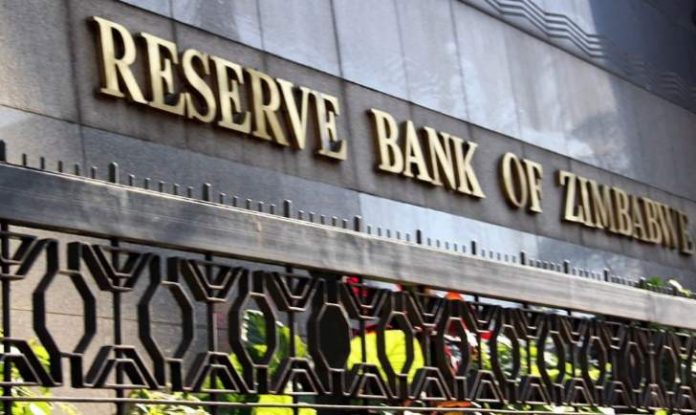HARARE (FinX) – The Bankers Association of Zimbabwe has said that the Reserve Bank of Zimbabwe should consider staggering the increase on statutory reserves, set at 30%, as they warned that the increase would dampen economic growth as banks would have limited capacity to pay.
In its most recent Monetary Policy Committee meeting, the RBZ increased statutory reserves on both the ZWG and the US dollar to 30% from 15%. But banks warned of an impending liquidity crunch on the market and that the measures may reduce liquidity, reducing exchange rate volatility, and “may discourage the use of local currency.”
BAZ said banks are unable to meet the statutory requirements due to liquidity constraints as funds are tied up in TBs, loans, coins, and other investments. The banks suggested a staggered increase to 30% and to also allow for repos (repurchase agreements) by RBZ on TBs, savings bonds and coins.
The banks also want the central bank to consider instruments forced on institutions against surrender amounts for exporters in order to ensure the progression of the Willing Buyer, Willing Seller market.
The banks noted that the rise in policy rate to 35% from 25% would impact the costs of borrowing, increase prices, resulting in inflation.
“On the increase in policy rate from 25% to 35%, effective immediately, the implications are higher borrowing costs. This may deter investment and expansion, as accessing capital becomes more expensive, with the potential of an increase in NPL [non-performing loans], a likely increase in prices, and subsequently inflation, making the market more likely to shun the local currency,” BAZ said.
The lobby group said there would be reduced cash flow as companies reliant on loans to manage cash flow, especially small and medium enterprises, would struggle to maintain operations due to higher interest payments.
The bankers further noted that lower aggregate demand caused by a reduction in consumer spending could also slow down economic activity, as borrowing becomes more expensive, individuals may cut back on spending, especially in retail and service industries.
The association also warned that reduced liquidity could exacerbate exchange rate volatility, as banks would have less capacity to lend and manage currency transactions.
The central bank wants to increase market transparency and close the gap between the official and parallel exchange rates by allowing the currency to be more influenced by market forces.
However, BAZ raised concerns over the potential risks.
“Greater flexibility could lead to increased speculation, resulting in more frequent or wider fluctuations in the exchange rate.
“This could, in turn, lead to higher prices for imports, pushing inflation higher in an economy already battling price instability.
“While we understand the need for exchange rate flexibility, history does not work in our favour,” BAZ remarked.
The association emphasised the importance of restoring confidence in the local currency, which remains fragile due to past episodes of hyperinflation and depreciation.













